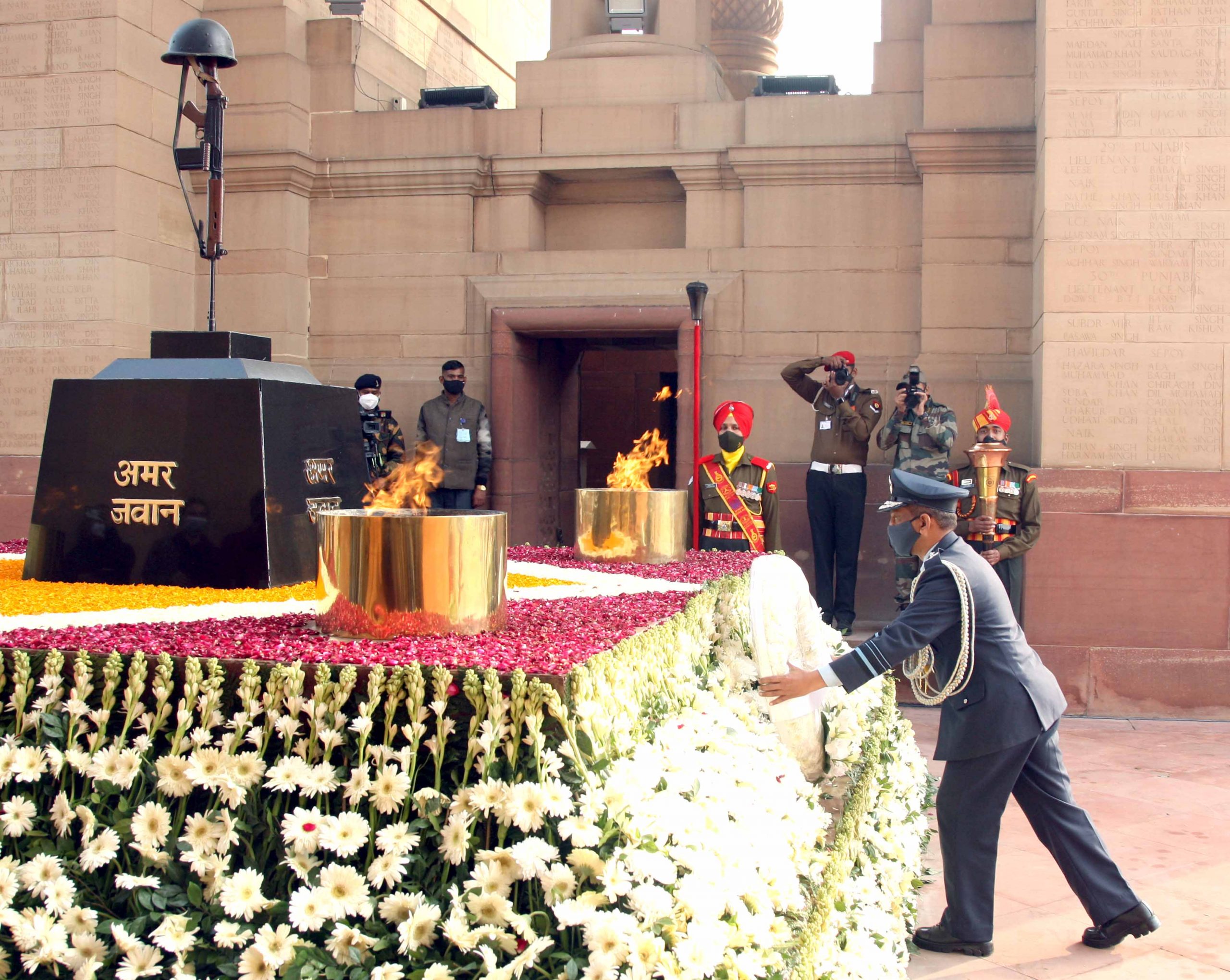
Amar Jawan Jyoti – Needless Controversy

The controversy over the decision to transfer the Amar Jawan Jyoti flame from India Gate to the National War Memorial (NWW) is entirely unnecessary. The Amar Jawan Jyoti (AJJ) commemorates the martyrs of the 1971 war, not the soldiers of undivided India who died fighting for the British in World War I (and the Indo-Afghan wars). The names of the latter are inscribed on the walls of the India Gate.
The original decision to install the flame at the India Gate was not an appropriate one. This is an imperial monument, a symbol of India’s subjugation by the British. The erection of victory gates goes back to Roman times in the western tradition. The Arc de Triomphe in Paris celebrating Napoleon’s military victories is a most imposing structure in that tradition. Putting the AAJ under the India Gate meant in a sense independent India appropriating for itself a symbol of British rule by blurring the distinction between those who died serving the British empire and those who sacrificed their lives for independent India. That this was in any case intended as a temporary location of the flame, as records show, also justifies the decision to shift the AJJ to the NWW.
The argument by some that extinguishing the flame disrupts the eternal nature of the homage paid to the fallen soldiers is factitious. A torch from the existing flame has been carried to the new flame at the NWW and in that sense the “eternity” of the flame has not been compromised. The gas on both locations is the same and it is not as if the composition of one differs from the other, or that the heroism that one flame represents is diminished by a shift in location. A pertinent analogy is the Olympic flame that is put out at the end of the games in one country, with a torch lit from the extinguished flame carried to the next host country of the Olympic Games. Any sentimental attachment to the location under the India Gate that symbolises foreign rule does not do honour to those who display it.
The other argument that both flames could have continued to burn and a controversy avoided is spurious. The martyrs of 1971 are also remembered at the NWW, in addition to those who died in all the wars that independent India has fought. To have two separate flames for the 1971 martyrs makes no sense, more so as the formal ceremonies of wreath laying on national occasions and by visiting foreign leaders would be at the NWW and not at the India Gate. This would have simply devalued the India Gate flame and made it of secondary interest and importance.
Why the AJJ was not shifted to the NWW in 2019 when the latter was built is a legitimate question. But to say what could and should have been done earlier becomes somehow wrong later is arguing for argument’s sake. Timely decisions do not become untimely simply because there is a delay. It may be that the project to renovate the Central Vista galvanised the decision that has now been taken.
There are some who have opposed this decision to shift the AJJ as a kind of a slight to those Indians whose names figure on the India Gate, who even if they fought for the British empire are nonetheless Indians whose sacrifices should not be ignored by independent India. There is a big difference between acknowledging at a human level that they lost their lives in war and giving them national recognition and honour for fighting for a colonial power.
These soldiers did not die for liberating India; they died for the preservation of the British empire and, as a corollary, its colonial hold over India. Whether they can be described as mercenaries or not is also an issue. Nehru in his Discovery of India has referred to Indian “troops being used as mercenaries … in Burma, China, Iran, and the Middle East. And parts of Africa. They have become symbols of British imperialism in all these countries and antagonised their peoples against India. I remember the bitter remark of an Egyptian: “You have not only lost your own, but you help the British to enslave others”.”
What Nehru said is intrinsically correct, though the accusation that “India” helped the British to enslave others is false, as the Indian leadership was not in control of their own country and could not have stopped the recruitment of Indians for not only fighting their imperial wars but also suppressing the freedom of their own people. After all, the number of British troops in India was always small; they ruled the country with the support of the Indian regiments. Despite the Quit India call of the Congress leadership in 1942 and unwillingness to help the British in recruitment of Indian soldiers to fight in World War II, the Indians came in numbers, especially the Muslims, for recruitment. Nehru as a freedom fighter in 1942 saw the issue clearly. There is no reason why after India is free this truth needs to be obscured.
Independent India’s political leadership has been reluctant to call these soldiers mercenaries because of sensitivities in our own armed forces. Today, it is willing to associate itself with the sacrifices of our people by visiting the sites in Europe commemorating these fallen soldiers. The narrative is that Indians sacrificed their lives on behalf of European nations even when India was not free, which is a bond to be valued today when independent India and Europe are forging new ties of friendship and mutual benefit. This is a diplomatic stance, which doesn’t change the reality that the British brought these troops to Europe. From this changed approach for diplomatic reasons to demands that we show national gratitude to these troops makes little sense.
That some in our media should argue that these soldiers fought India’s wars against fascism and genocide and we should own them in that light is bordering on the ridiculous. It shows how twisted the reasoning has become with political aversion towards the Modi government. The other absurd comparison is with Nepalese Gurkhas soldiers serving in the Indian Army. Nepal is a sovereign country and can end this practice that symbolises the closeness of ties, reflected also in an open border and the almost national treatment of Nepalese in India. Colonised India had no such choice and no such relationship with Britain.
Similarly, the Tibetans in the ITBP cannot be called mercenaries, as has been egregiously argued benightedly. The Tibetan refugees have been evicted from their homeland which is under foreign occupation. They are fighting to keeping alive their hopes of return to it. The British colonial troops were not evicted from India and did not hope in association with British troops to re-conquer their own homeland. To suggest that an Indian contingent participating in the July 14 parade In France and a tri-service contingent from India participating in the Victory Day celebrations in Moscow is somehow a validation of the argument that the Indian troops fought in the two World Wars for a national cause is arrant nonsense. These political gestures made 64 and 75 years after the end of World War II in the two cases is embedded in the politics and diplomacy of today and not the past.
The entire debate on “merging” the two flames has been surreal in many ways, a product of the polarised politics of today.
*****************
Disclaimer
The opinions expressed in this article are the author’s own and do not reflect the views of Chanakya Forum. All information provided in this article including timeliness, completeness, accuracy, suitability or validity of information referenced therein, is the sole responsibility of the author. www.chanakyaforum.com does not assume any responsibility for the same.
Chanakya Forum is now on . Click here to join our channel (@ChanakyaForum) and stay updated with the latest headlines and articles.
Important
We work round the clock to bring you the finest articles and updates from around the world. There is a team that works tirelessly to ensure that you have a seamless reading experience. But all this costs money. Please support us so that we keep doing what we do best. Happy Reading
Support Us



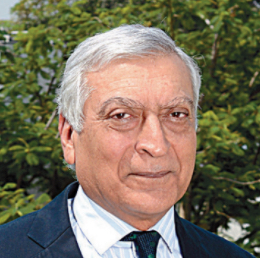


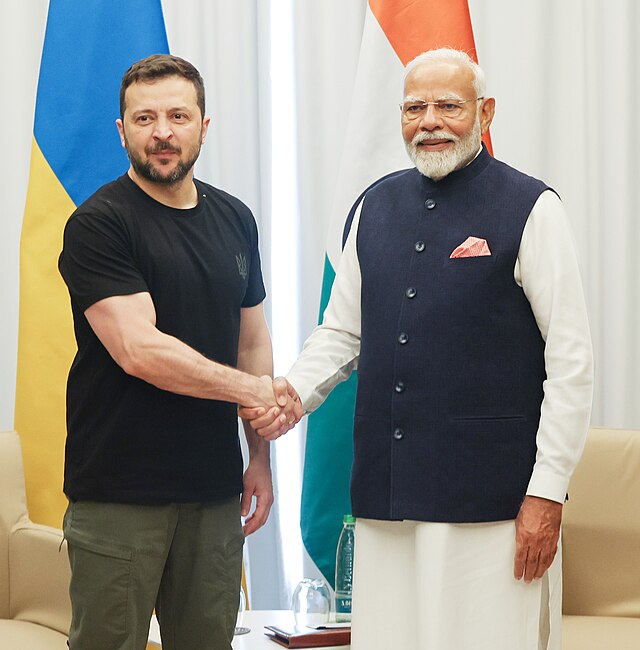
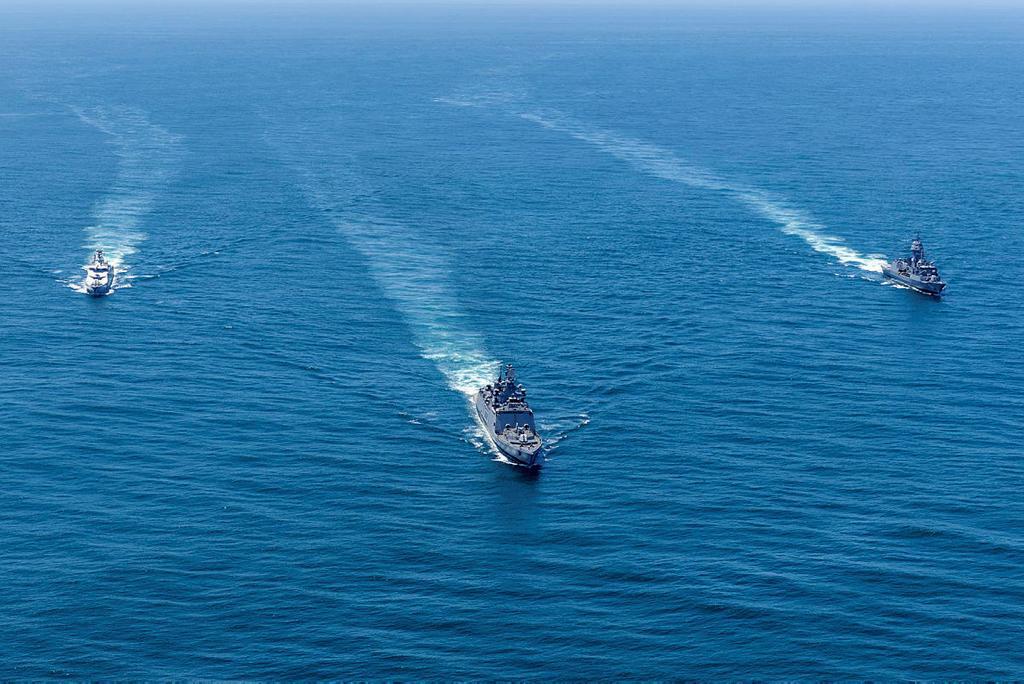
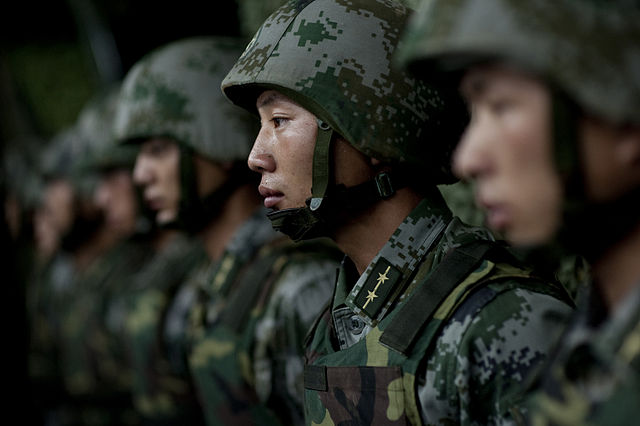
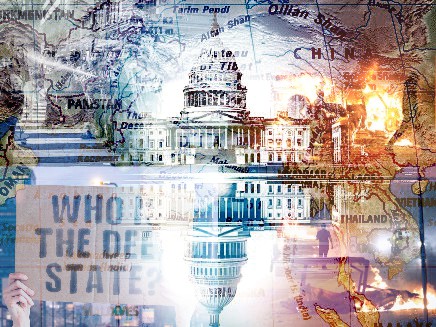

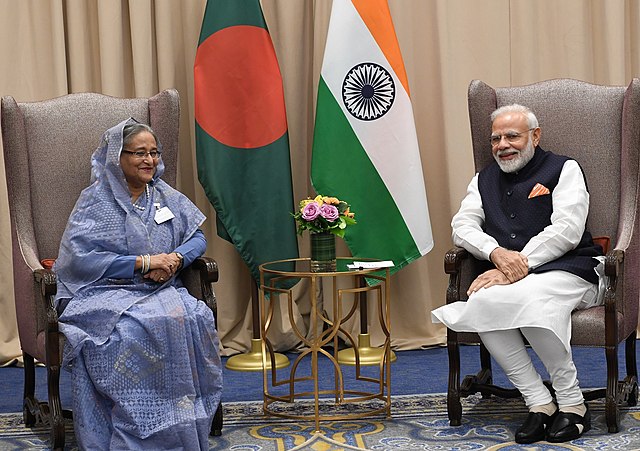
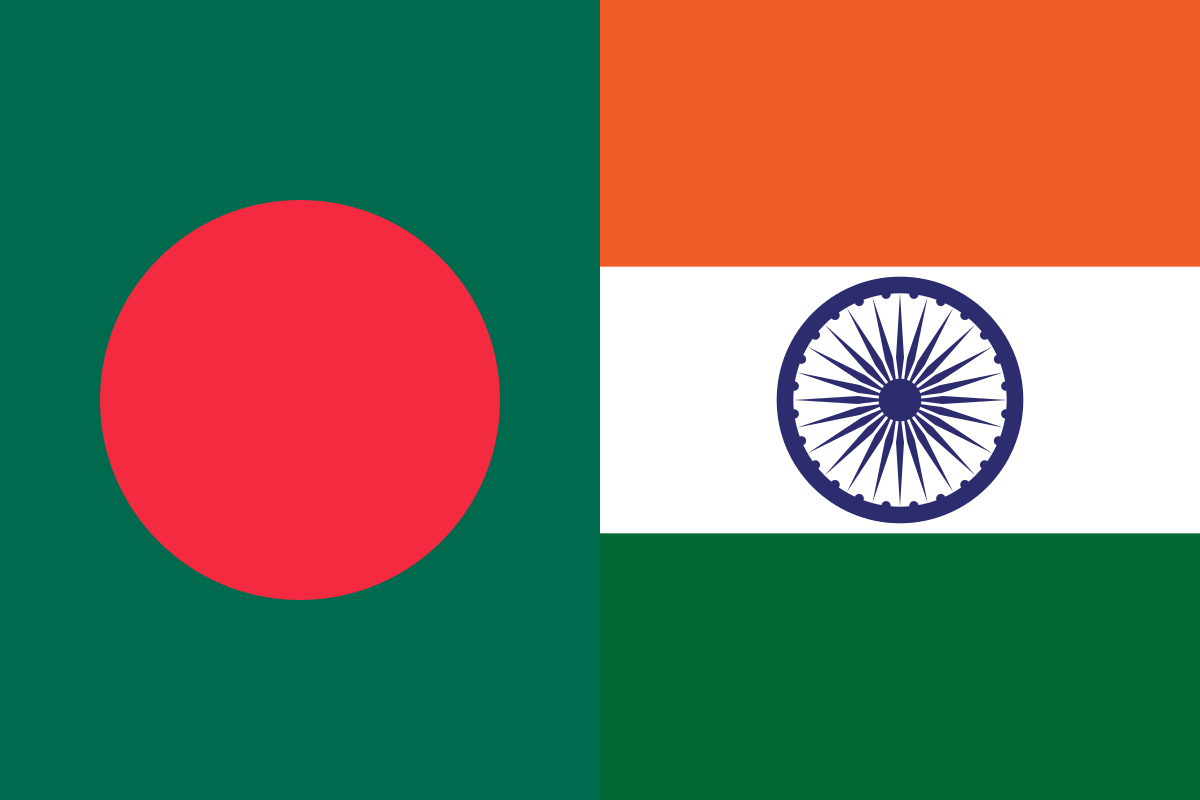
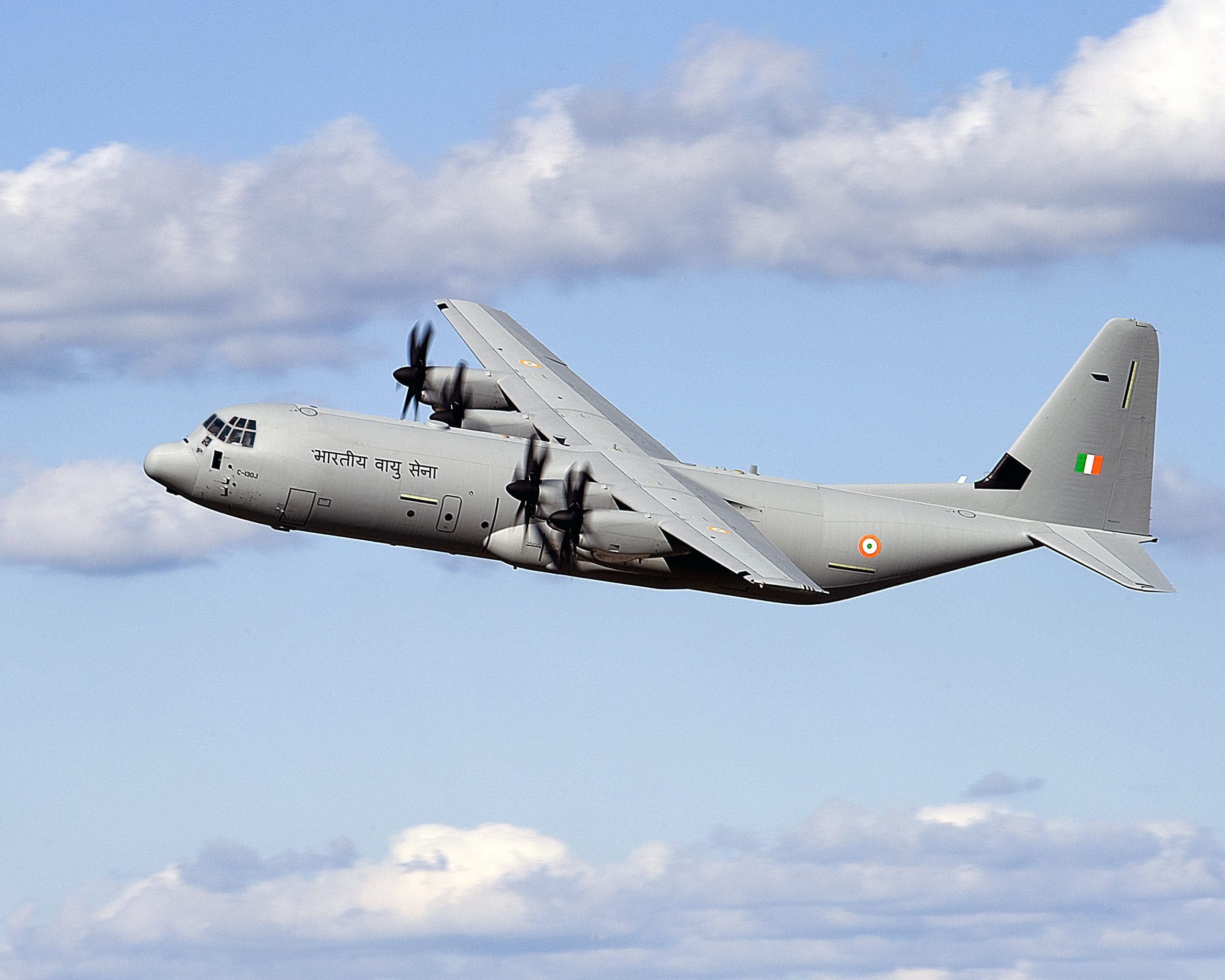







POST COMMENTS (0)